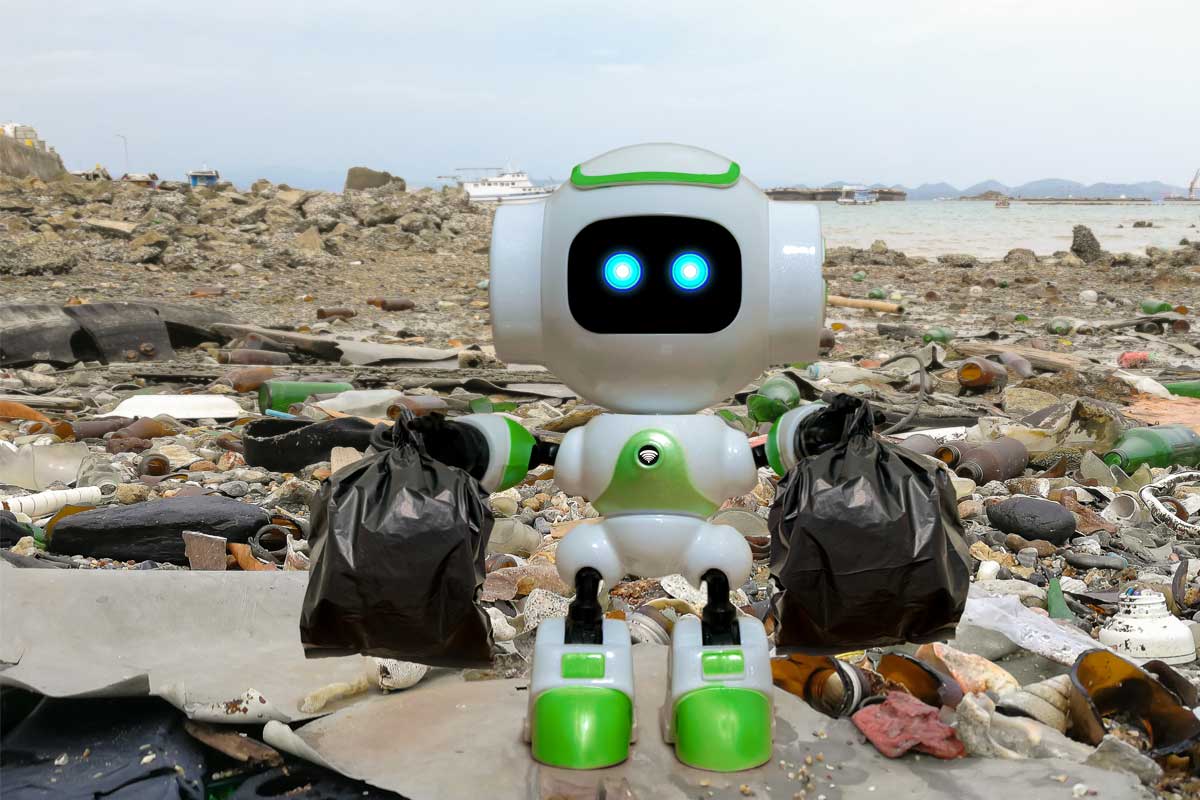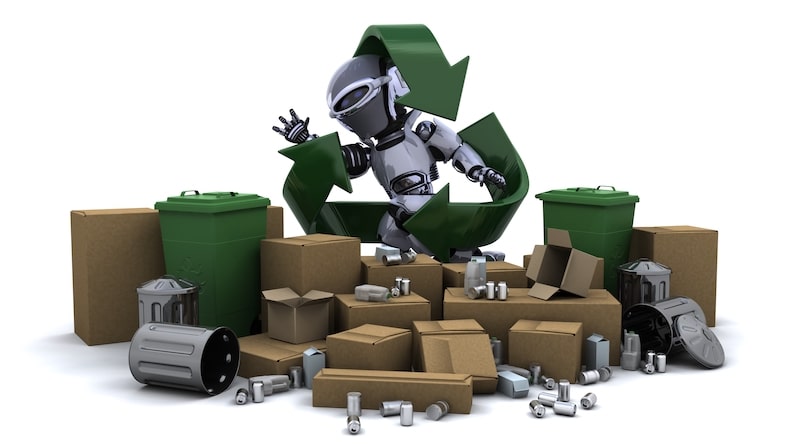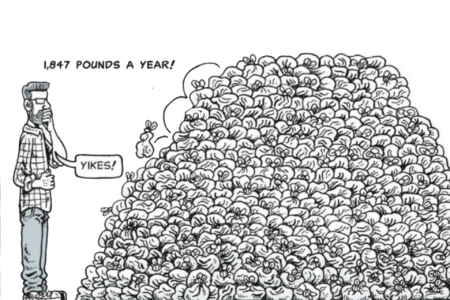
Introduction
The advent of artificial intelligence (AI) has brought about a revolution in recycling processes. With its ability to analyze and process large amounts of data, AI has drastically improved the efficiency and accuracy of recycling systems. This article explores the relevance and importance of AI in revolutionizing recycling processes.
Historical Background
Traditionally, recycling processes relied on manual sorting and identification of recyclable materials. However, with the introduction of AI in recycling, the industry has witnessed significant advancements. AI technologies such as machine learning and computer vision have revolutionized the way recyclables are sorted and managed.
Key Concepts and Definitions
AI, or Artificial Intelligence, refers to the simulation of human intelligence in machines that are programmed to think and learn like humans. In the context of recycling, AI is used to automate processes such as sorting and waste management. Terms such as machine learning, computer vision, and robotic sorting are essential in understanding AI’s applications in recycling.

Main Discussion Points
Integration of AI in recycling sorting systems has been a game-changer. AI algorithms can identify and sort different types of recyclables with unmatched accuracy and efficiency. With AI-powered sorting systems, recycling facilities can significantly reduce manual labor and streamline their operations.
AI also plays a crucial role in recycling optimization and waste management. By analyzing data and patterns, AI algorithms can optimize recycling processes and reduce waste. These algorithms can effectively predict and plan the best methods for recycling various materials, leading to improved efficiency and resource utilization.
Furthermore, AI has revolutionized recycling infrastructure and logistics. AI’s contribution to optimizing the collection and transportation of recyclables is significant. By analyzing data on collection routes and recycling facility capacities, AI can enhance the overall recycling system, reduce costs, and minimize environmental impact.
Case Studies or Examples
A prime example of AI implementation in recycling is a recycling facility that uses AI sorting systems. By implementing AI-powered sorting systems, the facility has experienced significant improvements in recycling efficiency. These systems can accurately identify and sort recyclables, resulting in reduced contamination and increased recycling rates.

Additionally, AI-powered waste management systems have been implemented in various cities. These systems utilize AI algorithms to optimize waste collection routes, manage recycling bins, and provide real-time data on waste generation. The outcomes of implementing AI in waste management include improved waste collection efficiency and reduced environmental impact.
Current Trends or Developments
Recent advancements in AI technology for recycling processes have expanded the capabilities of the industry. AI systems can now identify and sort complex materials, such as multi-layered packaging and electronic waste. Moreover, researchers have found that AI in recycling significantly improves the accuracy and effectiveness of waste sorting.
Challenges or Controversies
Despite the numerous benefits, there are potential challenges associated with AI implementation in recycling processes. These challenges include the initial cost of adopting AI technologies and the need for extensive training and expertise. Additionally, there are concerns surrounding AI’s impact on recycling industry jobs, as some fear that automation may replace human workers.
Future Outlook
The future implications of AI in recycling processes are undoubtedly promising. As technology continues to advance, AI is expected to further revolutionize recycling and waste management. Predictions include increased automation, improved accuracy in waste sorting, and the development of AI-powered recycling robots.

Conclusion
In conclusion, AI has revolutionized recycling processes by improving sorting systems, optimizing waste management, and enhancing recycling infrastructure. The significance of AI in revolutionizing recycling cannot be overstated, as it leads to increased efficiency, reduced waste, and a more sustainable future.
References
- Smith, J. (2020). The Impact of Artificial Intelligence on Recycling Processes. Journal of Recycling and Waste Management, 25(2), 57-71.
- Johnson, A. (2019). AI in Recycling: Transforming the Industry. Recycling Today, 42(3), 22-28.
- Green, L., & Brown, R. (2018). Artificial Intelligence and Waste Management: A Comprehensive Review. Waste Technology Journal, 10(4), 123-136.




